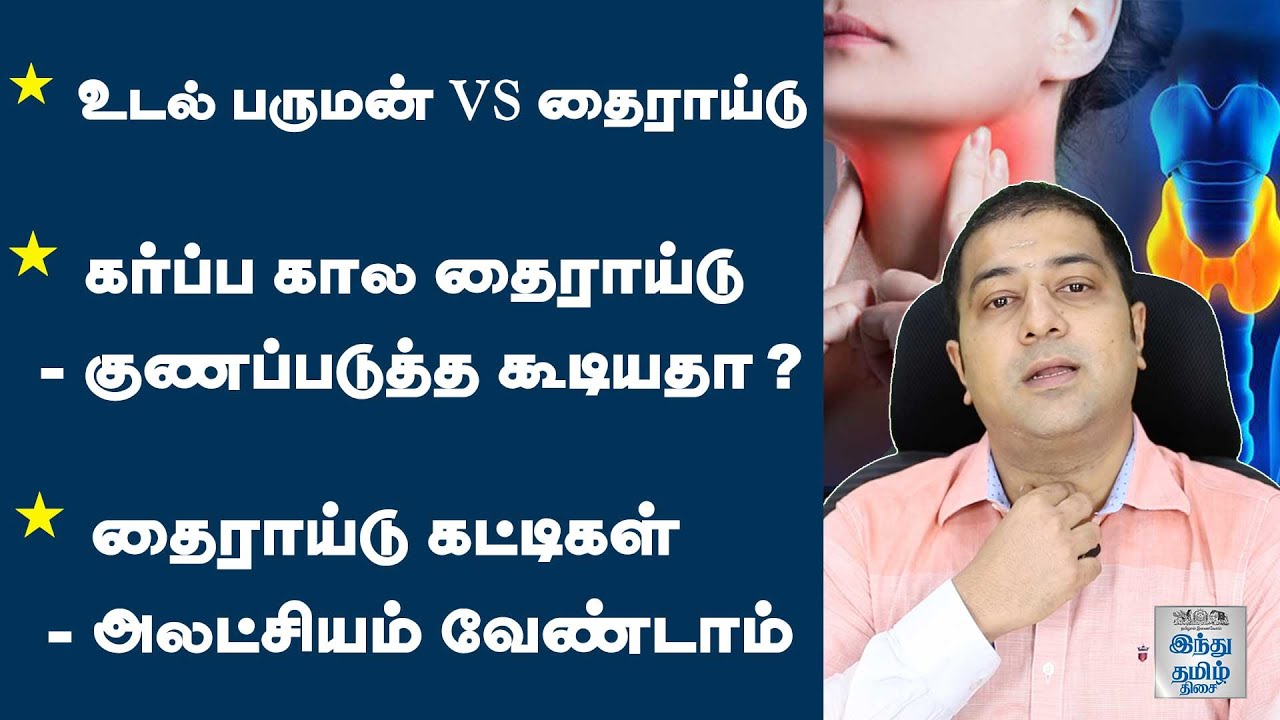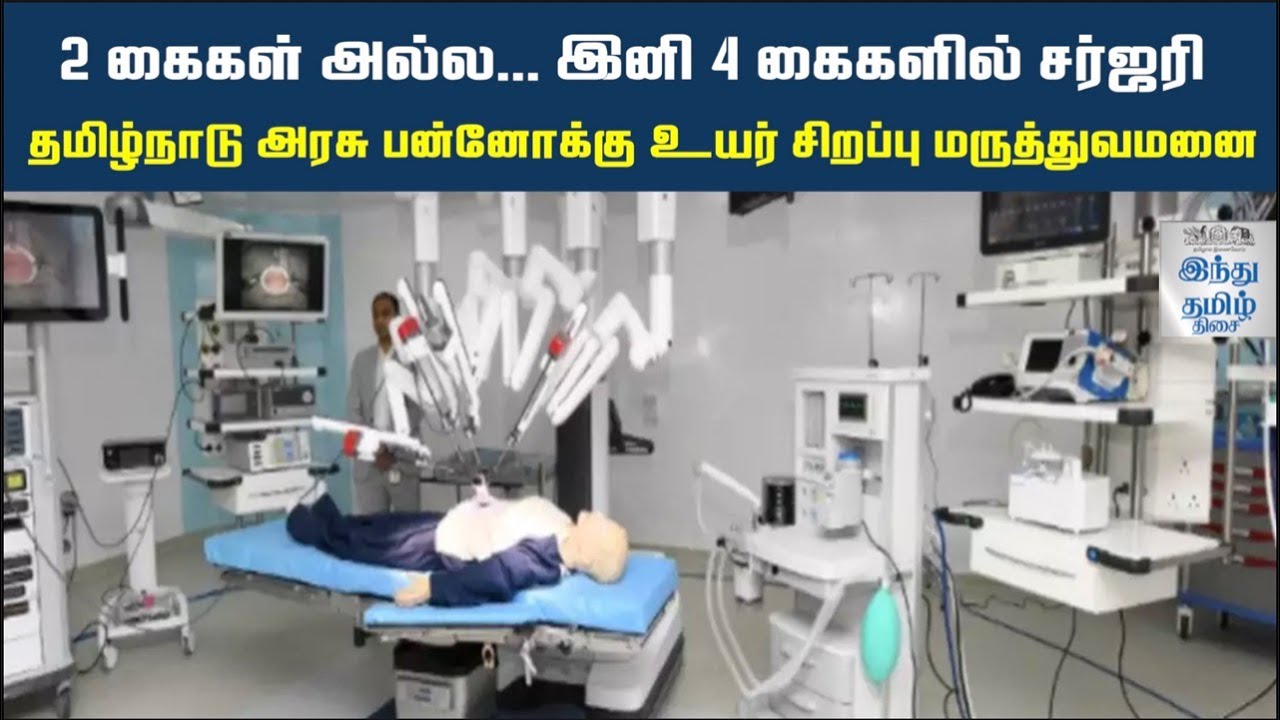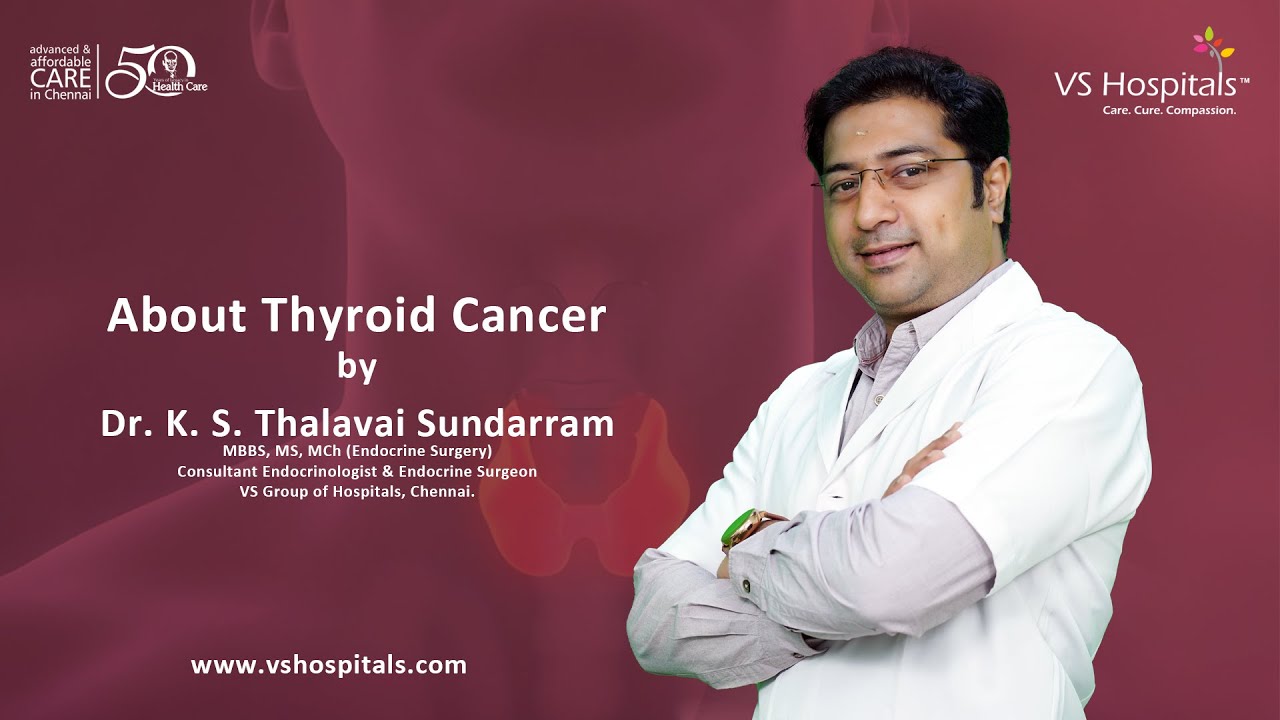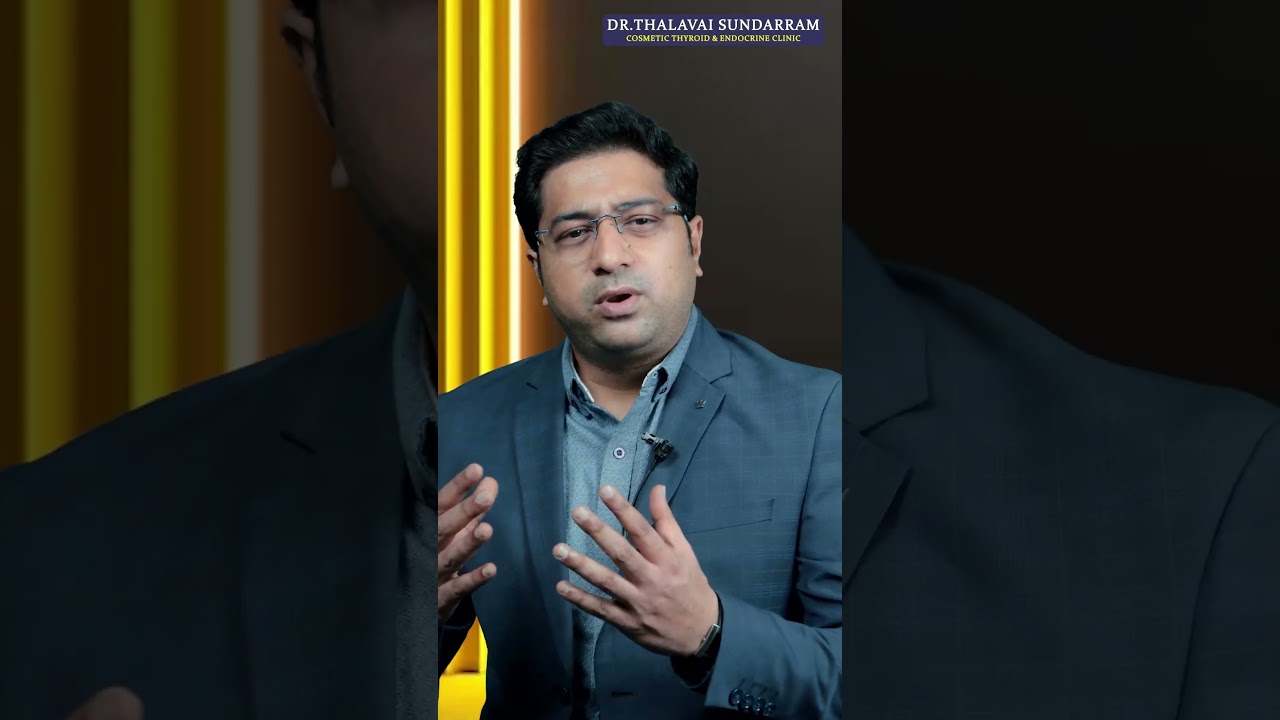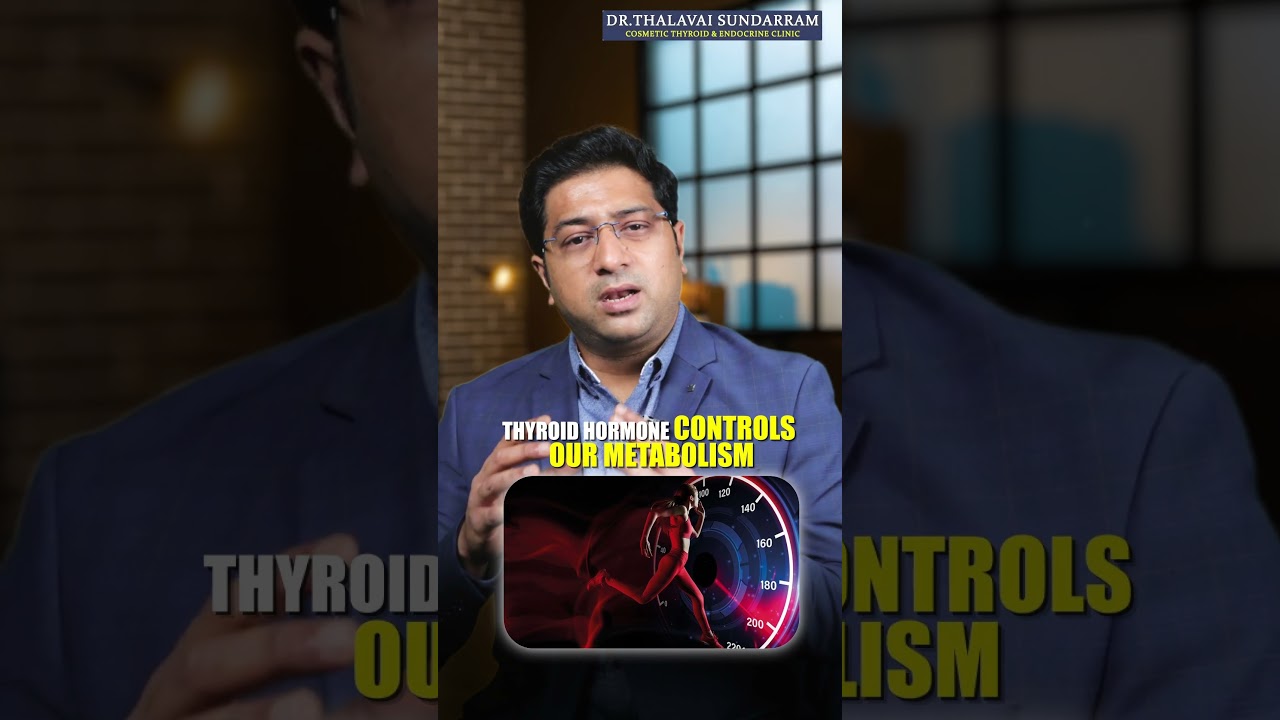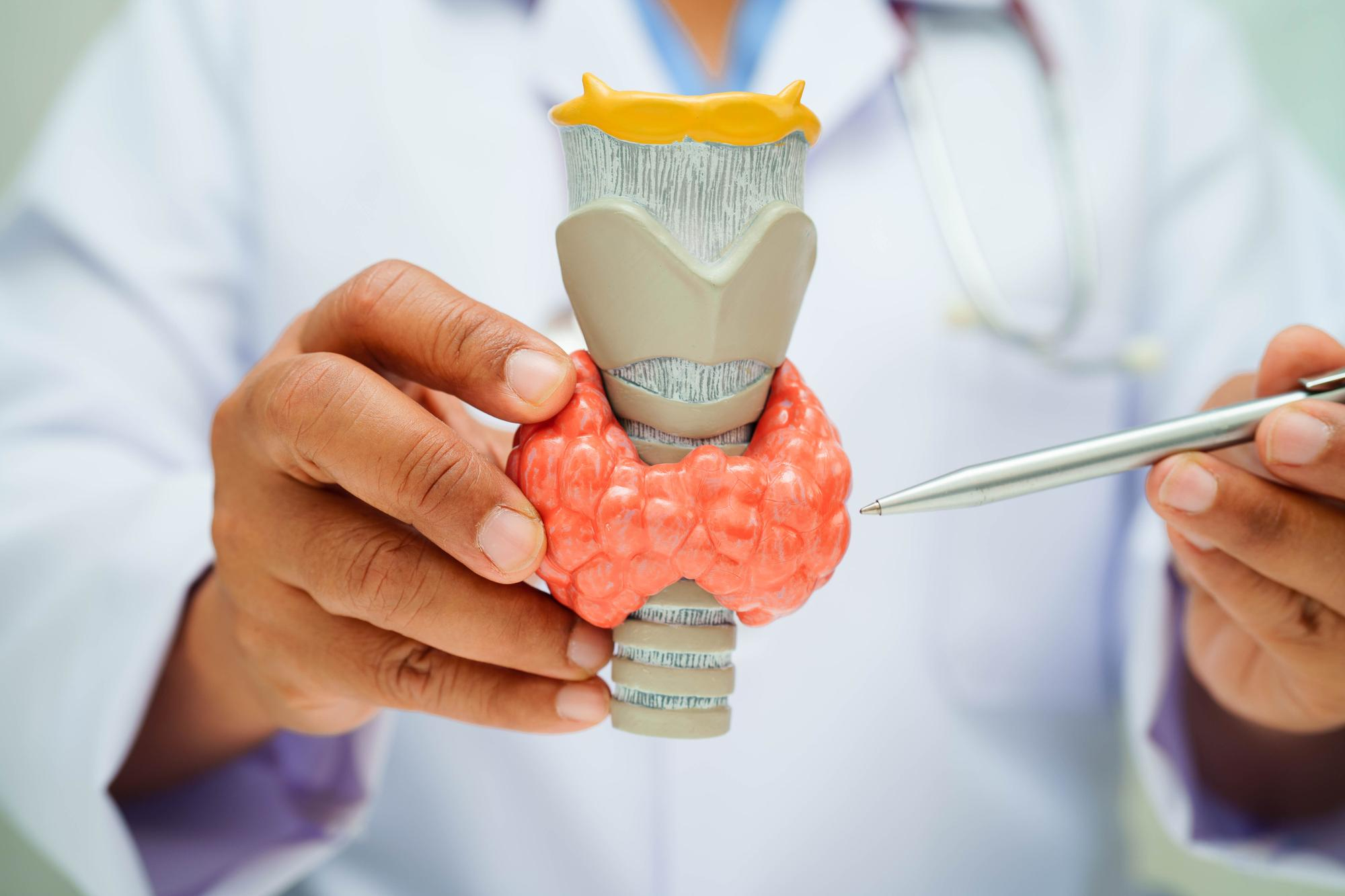Dr. K. S. Thalavai Sundarram
M.S., M.Ch(Endocrine Surgery)
FARIS(Fellowship in advanced Robotic & innovative surgery)
He is dedicated to the advancement of science and art of Endocrine surgery. Comitted to providing holistic approach to Disorders of thyroid, parathyroid, adrenal and pancreatic neuroendocrine tumors by means of both medical and surgical treatments. Which includes minimal access, remote access and scarless cosmetic surgeries like Robotic and keyhole surgeries.
read more
treatments
Advanced Endocrine Care and Comprehensive Treatments
Hypothyroidism
Hypothyroidism is a health condition characterised by insufficient production of thyroid hormones by the thyroid gland, resulting in a significant slowdown of bodily functions. Since the thyroid is crucial for regulating metabolism, its underactivity can profoundly affect energy levels, body temperature, and overall health.
Read more
Hyperthyroidism
Hyperthyroidism is a serious condition characterised by excessive production of thyroid hormones from the thyroid gland, resulting in an overactive metabolism. This can lead to significant weight loss, heightened heart rate, and heightened anxiety. Without proper treatment, hyperthyroidism poses severe risks that can affect the heart, bones, and overall well-being.
Read more
Thyroid Swelling
Thyroid swelling, commonly known as a goiter, refers to the abnormal enlargement of the thyroid gland. This condition can arise from a variety of thyroid disorders, and it may present itself as a minor, harmless lump or develop into a significantly enlarged gland that causes discomfort, swallowing difficulties, or breathing issues.
Read more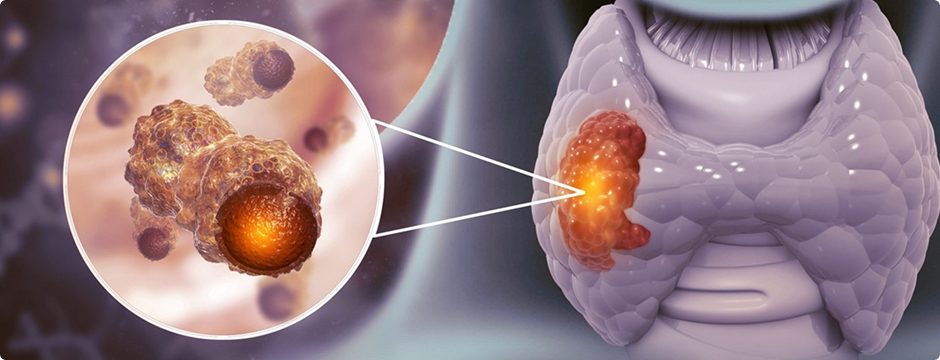
Thyroid cancers
Thyroid cancer arises when abnormal cells proliferate uncontrollably in the thyroid gland, resulting in a tumor. Though many forms of thyroid cancer grow slowly and are manageable, early detection is vital for achieving optimal outcomes. Understanding the different types of thyroid cancer, along with their severity and progression, can empower individuals to seek timely medical attention.
Read more
Hyperparathyroidism
Hyperparathyroidism is a significant medical condition characterised by the parathyroid glands producing excessive parathyroid hormone (PTH). This imbalance disrupts calcium levels in the body, potentially leading to serious complications such as bone weakness, kidney stones, and various health issues. This condition can be classified as primary, secondary, or tertiary, each with distinct causes and implications.
Read more
Hypoparathyroidism
Hypoparathyroidism is a rare yet significant condition characterised by the inadequate production of parathyroid hormone (PTH) by the parathyroid glands. This deficiency results in low calcium levels (hypocalcemia) and elevated phosphate levels in the blood, leading to potential issues with nerve, muscle, and bone health. It may arise from various factors, including genetic predispositions, surgical interventions, or autoimmune disorders.
Read more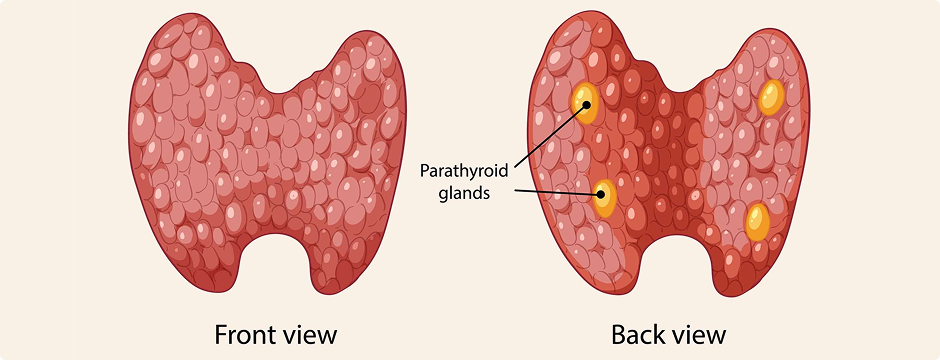
Parathyroid Tumors
Parathyroid tumors are abnormal growths in the parathyroid glands, critical regulators of calcium in your body. While most are benign adenomas, some atypical cases may develop into malignant tumors. These growths can cause an overproduction of parathyroid hormone (PTH), leading to hypercalcemia (high calcium levels) and a cascade of health issues.
Read more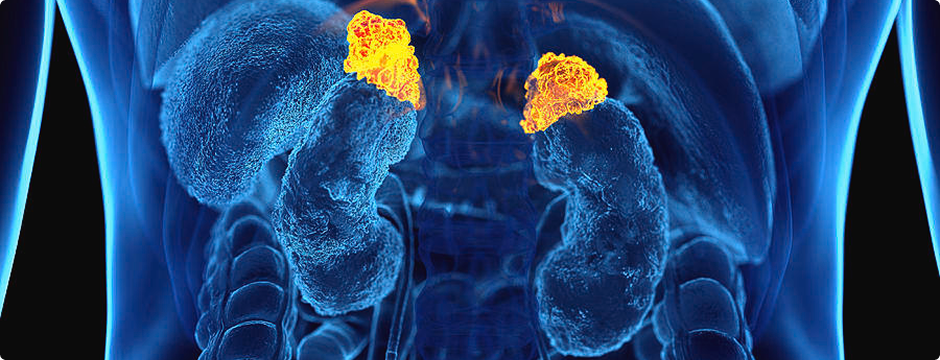
Adrenal Tumors
Adrenal tumors are abnormal growths that occur in the adrenal glands, crucial for producing hormones that manage metabolism, stress response, and blood pressure. These tumors can be benign (non-cancerous) or malignant (cancerous) and may lead to excessive hormone production, resulting in a range of health complications.
Read more
Cushing’s syndrome
Cushing’s Syndrome is a serious hormonal disorder stemming from prolonged exposure to elevated cortisol levels, a hormone created by the adrenal glands. This disorder can arise from the body producing too much cortisol or from extended use of corticosteroid medications. If not addressed promptly, Cushing’s Syndrome can lead to significant health complications such as high blood pressure, diabetes, and osteoporosis, underscoring the importance of awareness and proactive management.
Read more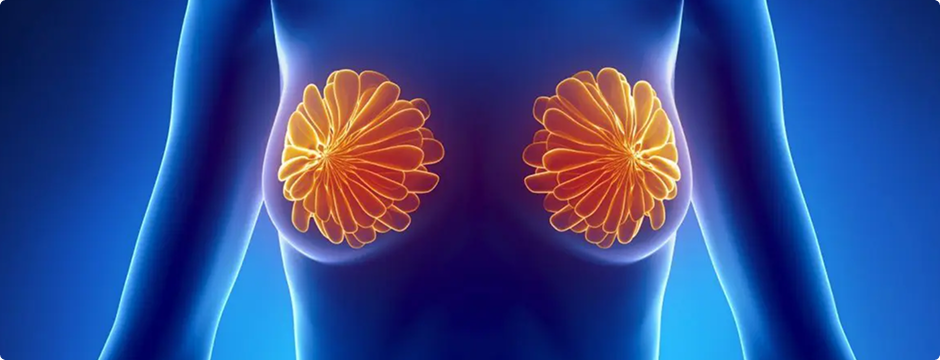
Benign breast Diseases
Benign breast diseases encompass a variety of non-cancerous conditions that impact breast tissue. Common among women across all age groups, these conditions can present as lumps, discomfort, or visible changes in breast appearance. While benign in nature, they warrant medical evaluation to exclude potentially serious issues.
Read more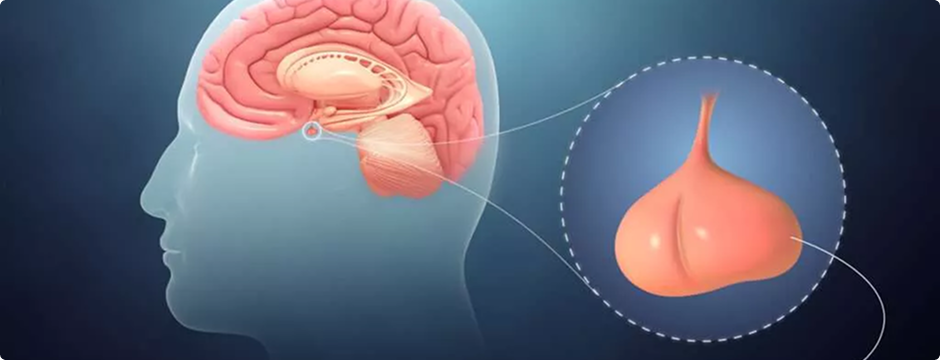
Pituitary Hormone disorders
The pituitary gland, often referred to as the "master gland," plays a crucial role in regulating vital hormones that influence growth, metabolism, stress responses, and reproductive functions. When this gland produces too much or too little of certain hormones, it can lead to various health challenges known as pituitary hormone disorders.
Read more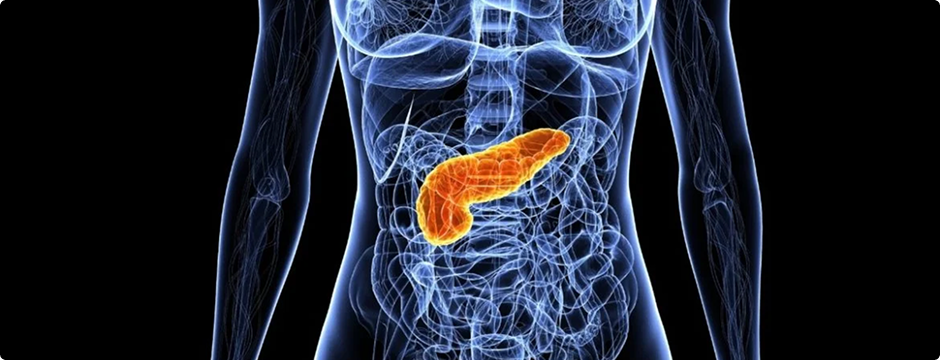
Pancreas endocrine tumors
Pancreas endocrine tumors, also known as pancreatic neuroendocrine tumors (pNETs), are rare tumors that develop in the hormone-producing cells of the pancreas. These tumors may be functional, producing excess hormones, or non-functional, meaning they do not secrete hormones but can still grow and spread.
Read more
Carcinoid and Intestinal Neuroendocrine Tumors
Carcinoid and intestinal neuroendocrine tumors (NETs) are slow-growing malignancies that originate from neuroendocrine cells in the gastrointestinal (GI) tract. These tumors can be functional, producing excess hormones that cause distinct symptoms, or non-functional, growing silently until they reach an advanced stage.
Read more
Familial Neuroendocrine Syndromes
Familial neuroendocrine syndromes are a group of inherited disorders that increase the risk of developing neuroendocrine tumors (NETs) in multiple organs. These conditions are caused by genetic mutations that lead to abnormal hormone production and uncontrolled tumor growth. Early diagnosis is crucial for timely intervention and better disease management.
Read moreHappy Patients
Endocrine surgeries
Robotic Thyroid Surgeries
years of experience in Minimal access endocrine surgery.

Renowned Endocrine Surgeon Delivering Excellence in Hormonal & Metabolic Care
Renowned endocrine surgeon specializing in thyroid, parathyroid, adrenal, and pancreatic neuroendocrine tumors. Trusted as the best thyroid specialist in Chennai, he combines state-of-the-art robotic technology with precision techniques to deliver unparalleled surgical excellence, ensuring optimal outcomes and faster recovery.
- Expert Care
- Precision Treatment
- Advanced Techniques
- Personalised Approach
- Innovative Solutions
- Trusted Expertise
in the news
Recognitions in Excellence in Medical Innovation & ResearchAwareness Videos
Gain Insights Into Endocrine Disorders & Expert TreatmentsTestimonial
Read Our Success Stories
I regularly visit Dr. Thalavai Sundarram, he is a specialist, treatment is excellent, the way he speak to patient with smile gives us comfort zone, this differentiate him from other doctors, I have found him to be very friendly with patients, always answer each query of mine patiently with clarity that I could easily understand, such smile and politeness is missing in many indian doctors, I would recommend him to everyone
Radhakrishnan Guhun
Dr. Thalavai Sundarram is a very good doctor with an exceptional sense of responsibility. His abilities, friendly nature and a matured approach makes his treatment very effective with patients of all ages. You can believe and trust his work ethics. Would highly recommend.

Consultation with Dr. Thalavai Sundaram was a very reassuring and pleasant experience. He is genuinely invested in the well being of his patients. There aren't many doctors like him anymore. Thank you sir for taking time to listen and advise over and beyond the diagnosis I came to you for. Very grateful!

Highly recommended. Very good Doctor.

A very friendly and caring doctor. explains things very nicely
blogs
Read More On Health & Latest TreatmentsFAQ’S
frequently asked questionHe specialises in thyroid, parathyroid, adrenal, and pancreatic neuroendocrine disorders, offering both medical and surgical treatments.
It is a minimally invasive technique using robotic technology for precise, safe, and efficient thyroid and parathyroid surgeries.
Yes, it offers smaller incisions, less pain, reduced scarring, and a quicker recovery compared to traditional open surgery.
Most patients resume normal activities within a few days, with a full recovery in about two weeks.
Yes, with advanced technology and expert surgeons like Dr. Sundarram, endocrine surgeries are highly safe and effective.
If you have persistent thyroid issues, hormone imbalances, or nodules requiring surgical intervention, consult a specialist.
While robotic surgeries may cost slightly more than traditional ones, they offer significant benefits like faster healing and fewer complications.





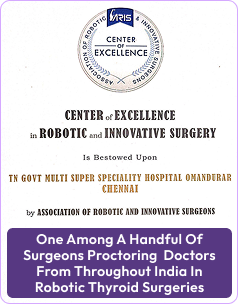

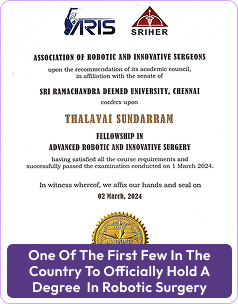
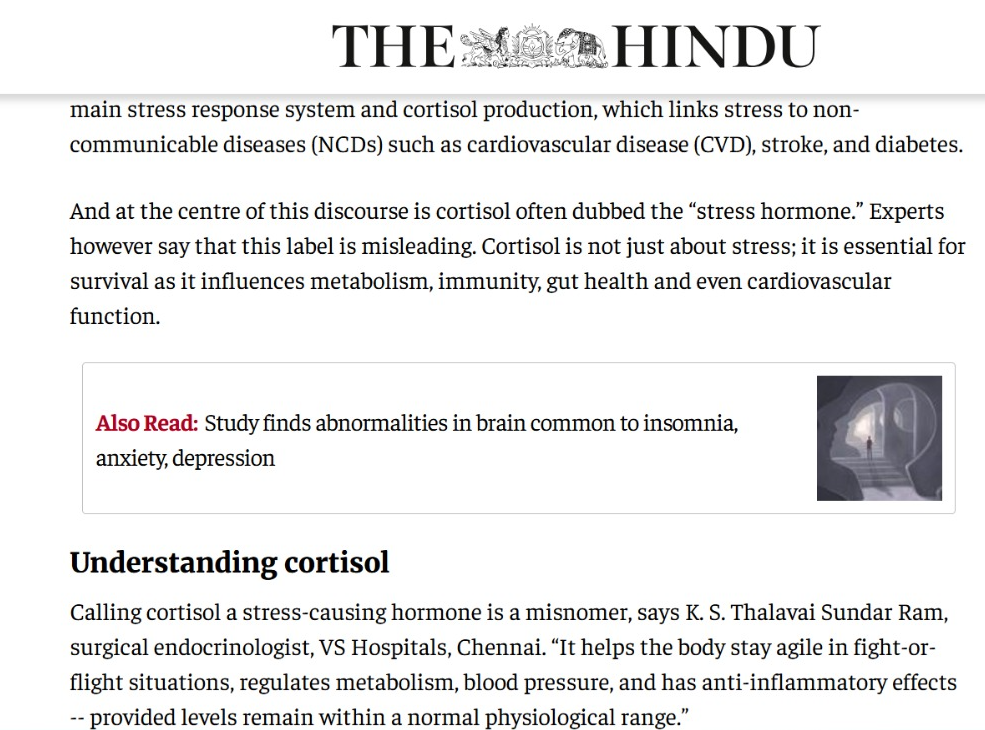

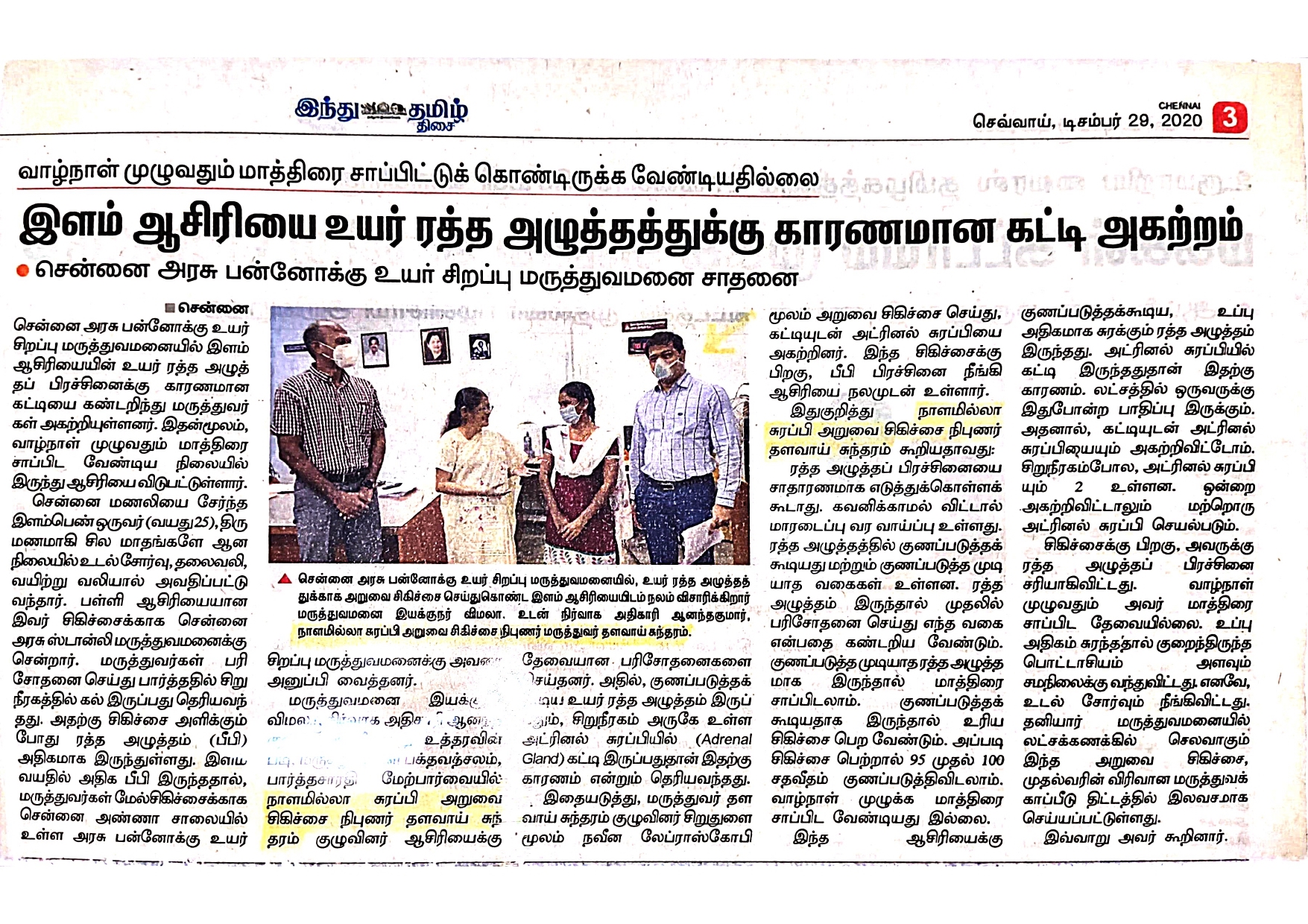
.jpeg)
